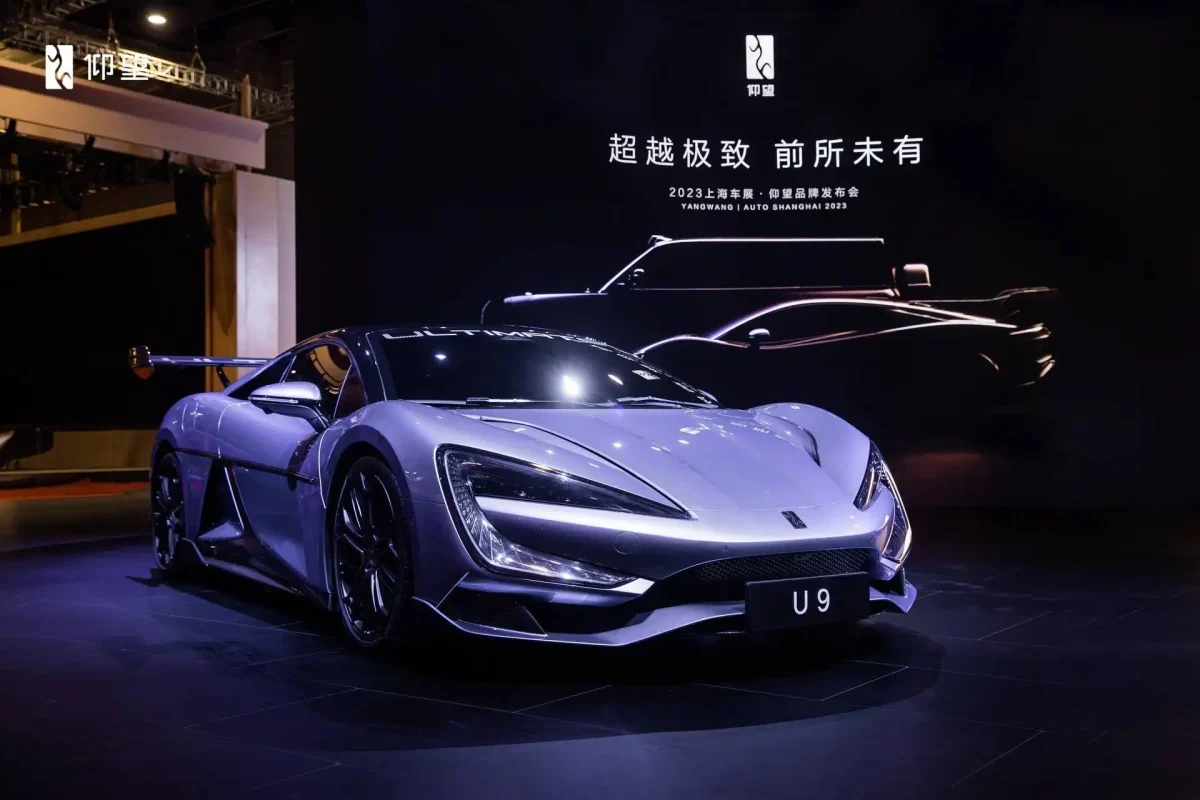The Beijing Motor Show returned for the first time since 2018, opening last week with the largest and most diverse display of electric and hybrid vehicles worldwide. However, the big question is — how many of these will actually come to the U.S.?

What caught attention at the world’s biggest and most advanced auto show?
As expected, among the roughly 1,500 auto and parts exhibitors this week, Chinese carmakers stole the spotlight with a variety of new models from BYD, BAIC, Changan, Chery, Denza, Dongfeng, Exeed, Fang Cheng Bao, GAC, GMW, iCar, Lynk&Co, MG, Mona, Nio, Onvo, XPeng, Yangwang, and Zeekr, to name a few.
Advertisement
Despite growing consumer confidence in China, there’s a clear trend emerging. As seen from the list above, there are just too many Chinese carmakers. Estimates suggest nearly 100 carmakers, but only around a dozen are expected to survive when everything settles.
In an already crowded market, oversupply and decreasing demand are causing price wars and imitation, with more manufacturers mimicking the looks of European brands. Success in the U.S. market will be make or break for many, but there are significant hurdles ahead.
For example, the BYD-owned Fang Cheng Bao Super 9 roadster resembled a mix of an Italdesign Aztec and an SLR McLaren Stirling Moss supercar. The Yangwang U9’s rear seems inspired by the Porsche 911 and Audi R8, while the Zeekr Mix EV borrows design hints from VW’s I.D. Buzz.
Though Mercedes-Benz, BMW, Volkswagen, Toyota, and Mazda were present, the show was largely dominated by domestic models destined solely for the Chinese market. This highlights the disparity between China’s automotive prowess and the absence of its vehicles in the U.S.
To put it plainly, China is transforming the global car industry, yet its cars remain unavailable in America primarily due to a lack of dealership networks.
The main challenge for Chinese carmakers entering the American market isn’t pricing or tariffs; it’s the absence of distribution channels. While Geely-owned Volvo has a presence in the U.S., most other Chinese carmakers face the daunting task of setting up sales networks from scratch.
Despite Chinese EVs being significantly cheaper on average, manufacturers would need local assembly and dealer networks to benefit from the 2022 Inflation Reduction Act, which offers a $7,500 tax credit for locally produced vehicles.
Given that few Chinese models showcased in Beijing will reach the U.S., the international car industry’s focus lies on advancements like solid-state energy packs, plug-in hybrids with 1,250-mile ranges, and EVs priced as low as $7,500 in China — proving that affordable EVs are feasible. For comparison, the least expensive EV in America is the Nissan Leaf, starting at $29,255.
The reception of Chinese cars in the U.S. hinges on the upcoming presidential election, with Donald Trump suggesting steep tariffs on cars made by Chinese companies in Mexico.
